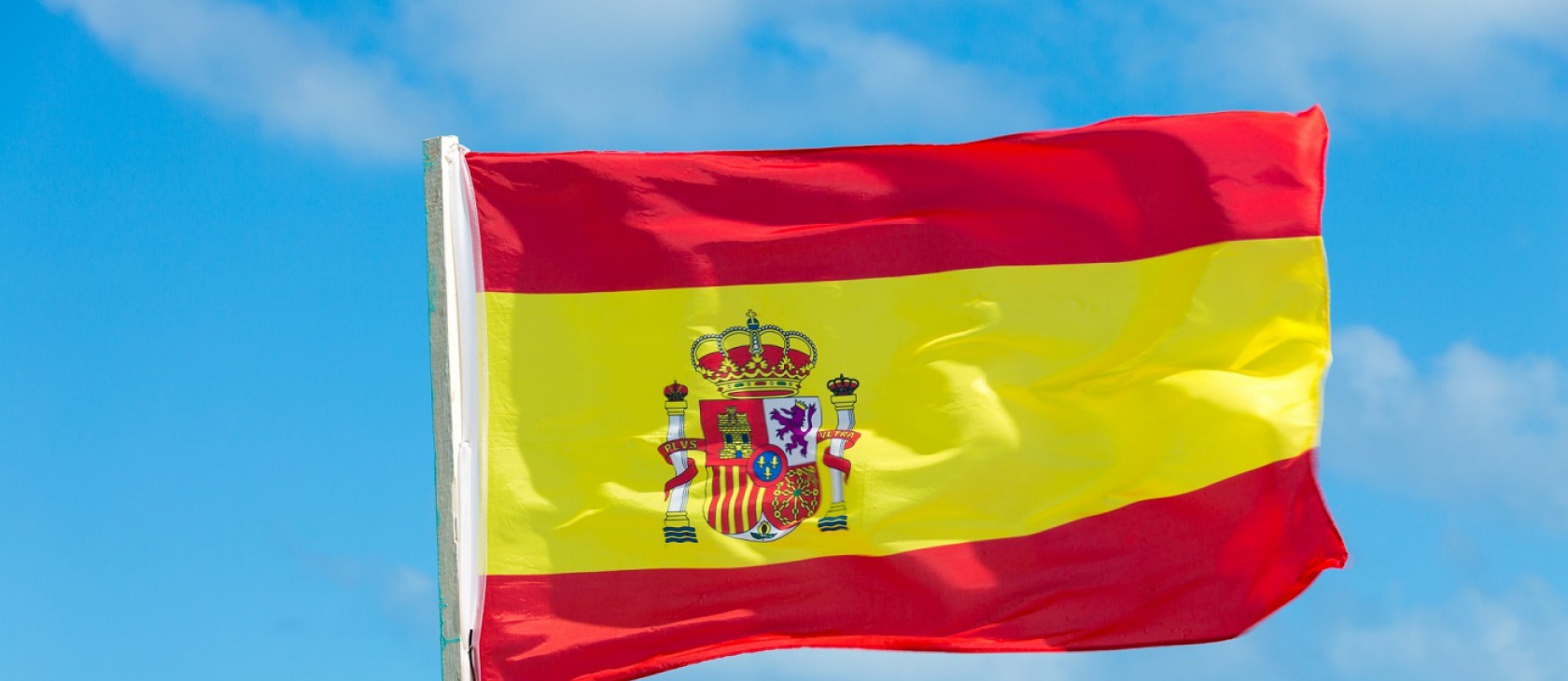In a surprise victory earlier this month, Pedro Sánchez, the leader of the Spanish Socialist Workers Party, became prime minister of Spain. Alejandro Chafuen, managing director of Acton Institute, International, considers what the change in government means for the future of Spain:
A couple of weeks ago, Pedro Sanchez, the leader of the Spanish Socialist Workers Party, PSOE, who in the last 2016 election garnered the least amount of votes in his party’s history, became the seventh president of the post-Franco era. He reached the presidency by forming a coalition with other leftists, separatist and other minority parties who decided to bring down the government of Mariano Rajoy. Rajoy’s Popular Party, PP, was further weakened by cases of corruption and what many of its voters regarded as poor leadership. Several relevant PP members would have preferred Rajoy to resign and call for new elections rather than leaving the government in a rush. And when I mean a rush, it is a rush. I was in Madrid during the week of the change and, in a matter of two-to-three days, the president and his team were out of a job. Thousands began vacating their offices and sending resumes the day after the vote.













